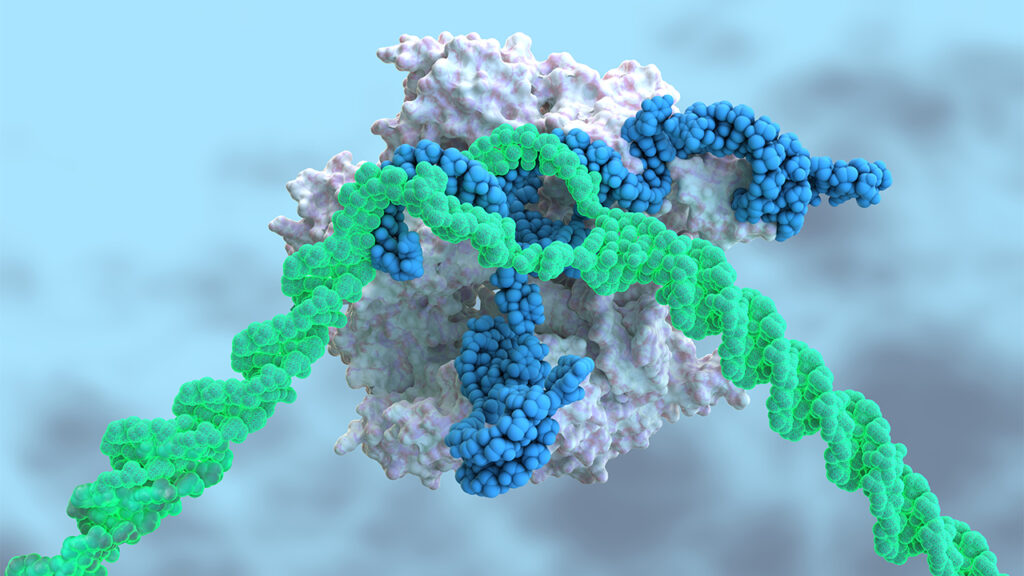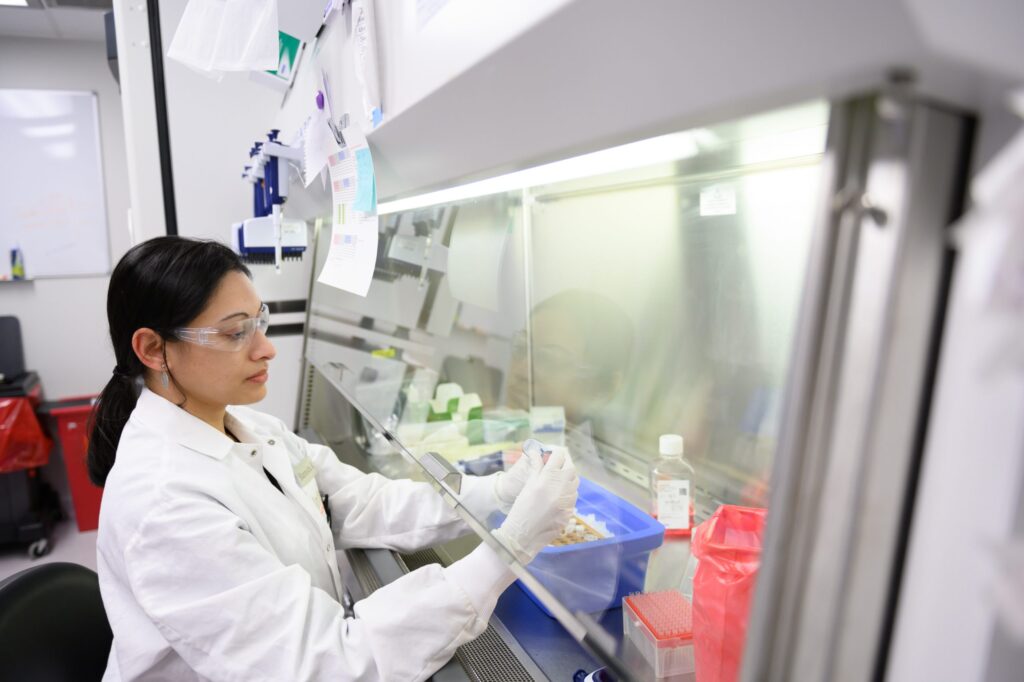Landmark CRISPR Trial Shows Promise Against Deadly Disease
Preliminary results from a landmark clinical trial suggest that CRISPR–Cas9 gene editing can be deployed directly into the body to treat disease. The study is the first to show that the technique can be safe and effective if the CRISPR–Cas9 components — in this case targeting a protein that is made mainly in the liver […]
Landmark CRISPR Trial Shows Promise Against Deadly Disease Read More »




